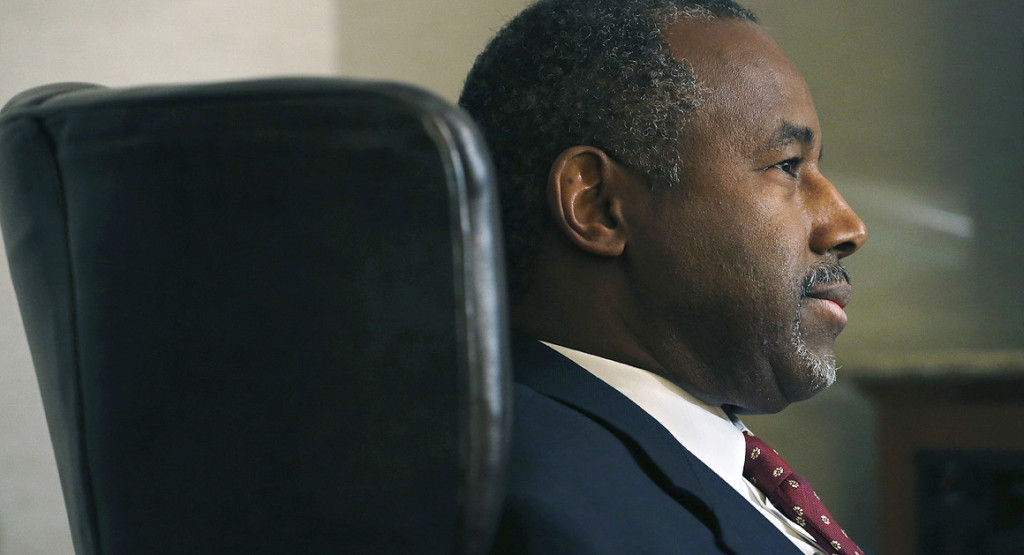
This past week, the leftist media has gone after Carson like he was threatening the Democrats’ hold on the black vote, which is what I think is happening.
First, Politico accused him of lying about a scholarship to West Point. They have had to retract much of this story and it seems fatally flawed.
Editor’s note: POLITICO stands by its reporting on this story, which has been updated to reflect Ben Carson’s on the record response. The original story and headline said that Carson’s campaign had admitted he “fabricated” a “full scholarship” from West Point, but now Carson denies that his campaign’s statement constituted such an admission, and the story and headline were changed to reflect that. POLITICO’s reporting established that Carson said he received a “full scholarship” from West Point, in writing and in public appearances over the years — but in fact he did not and there is actually no such thing as a “full scholarship” to the taxpayer-funded academy.
This, of course, is nonsense and Politico is taking flak from all over about it. Carson was a high achieving high school member of the Junior ROTC who had sky high SAT scores in 1969 (Not to mention being black). Most reporters have never had the experience of being solicited by universities but I have and I’m sure Carson’s story is true.
According to a tale told in his book, “Gifted Hands,” the then-17 year old was introduced in 1969 to Gen. William Westmoreland, who had just ended his command of U.S. forces in Vietnam, and the two dined together. That meeting, according to Carson’s telling, was followed by the offer of a “full scholarship” to the military academy.
West Point, however, has no record of Carson applying, much less being extended admission.
This is irrelevant. Carson was offered an appointment and others have had a similar experience. His JROTC membership makes this especially likely as 1969 was the end of the Viet Nam war and a low point for the US military.
Other controversies have been the obsessive focus of the press for a week.
In his book Gifted Hands, Carson relates that, in his youth, he had a violent temper. He said he once tried to hit his mother over the head with a hammer over a clothes dispute and, that while in the ninth grade, he attempted to stab a friend who had changed the station on the radio; the blade broke in his friend’s belt buckle. After this incident, Carson said that he began reading the Book of Proverbs and applying verses on anger.
Again, there is no evidence that this is untrue and it happened 50 years ago. Carson has given many talks on religion and motivation and his personal story gives this force.
The latest is his story of the pyramids being used by Joseph of the Bible to store grain. This is quoted by many as evidence of mental derangement.
Even if it is true that Obama’s ties to radical left-wingers were more relevant than Carson’s kooky pyramid theory, I want to hear about any strange notions Carson has propounded in his years as a public figure. Does he study the facts of the real world and process them accurately and make appropriate conclusions? If not, I don’t want him making the decisions that will affect us all.
Read more
